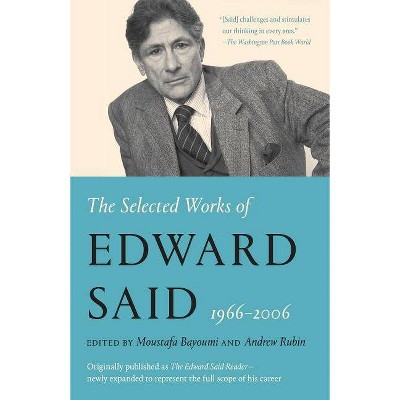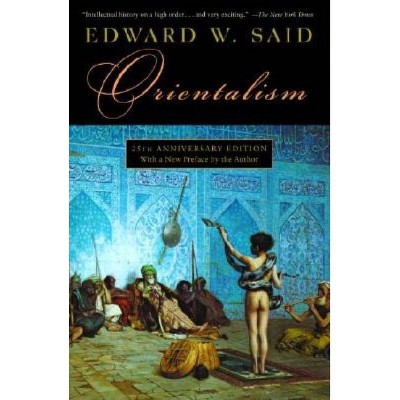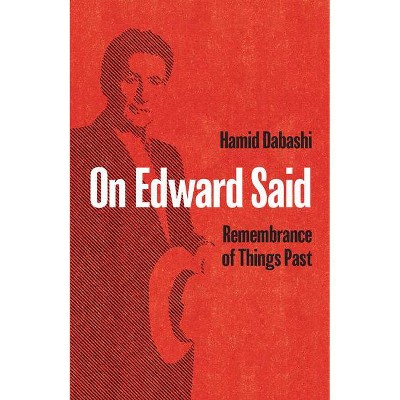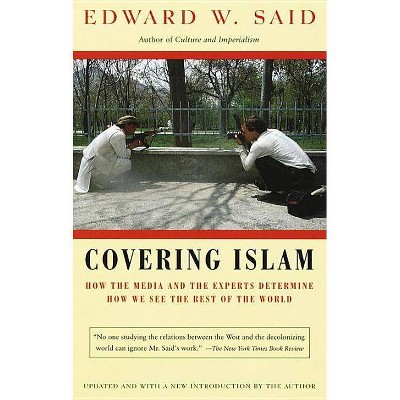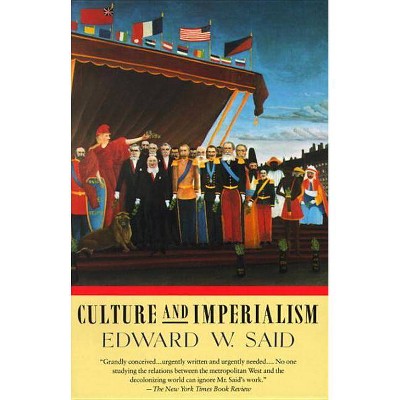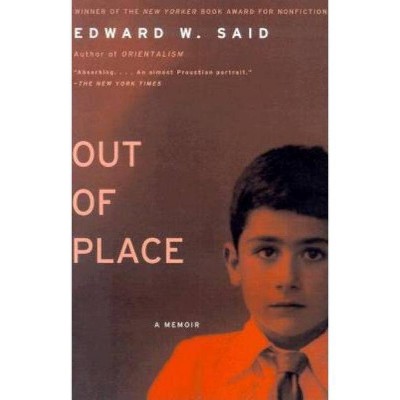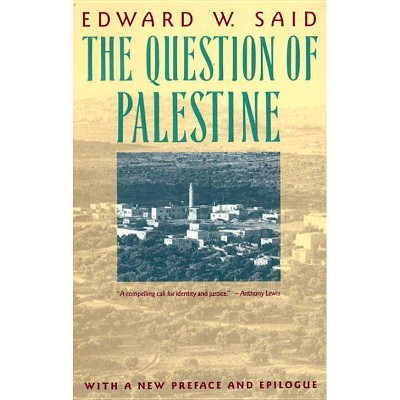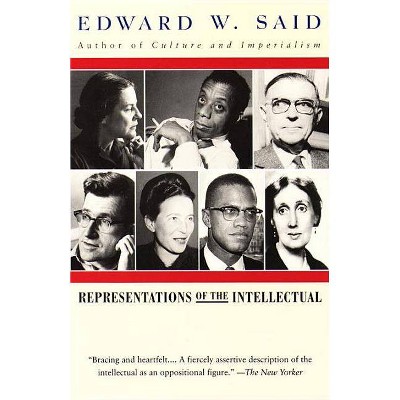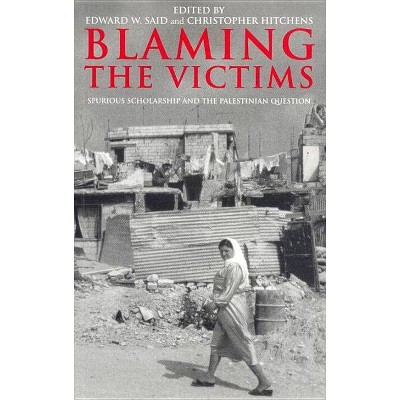Beginnings - by Edward Said (Paperback)
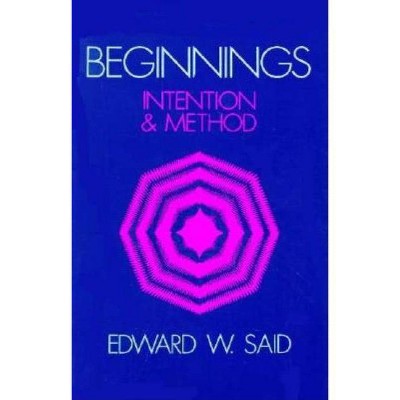
Similar Products
Products of same category from the store
AllProduct info
<p/><br></br><p><b> About the Book </b></p></br></br><p>This reissued classic traces the ramifications and diverse understandings of the concept of "beginning" in history and offers valuable insights into the role of the intellectual and the goal of criticism.</p><p/><br></br><p><b> Book Synopsis </b></p></br></br>A "beginning," especially as embodied in much modern thought, is its own method, Edward Said argues in this classic treatise on the role of the intellectual and the goal of criticism. Distinguishing between "origin," which is divine, mythical, and privileged, and "beginning," which is secular and humanly produced, Said traces the ramifications and diverse understandings of the concept of beginning through history. A beginning is a first step in the intentional production of meaning and the production of difference from preexisting traditions. It authorizes subsequent texts--it both enables them and limits what is acceptable. <p/>Drawing on the insights of Vico, Valery, Nietzsche, Saussure, Lévi-Strauss, Husserl, and Foucault, Said recognizes the novel as the major attempt in Western literary culture to give beginnings an authorizing function in experience, art, and knowledge. Scholarship should see itself as a beginning--as a uniting of theory and practice. Said's insistence on a criticism that is humane and socially responsible is what makes <i>Beginnings</i> a book about much more than writing: it is about imagination and action as well as the constraints on freedom and invention that come from human intention and the method of its fulfillment.<p/><br></br><p><b> Review Quotes </b></p></br></br><br>It is the sense of total independence and, at times, of prophetic vision which makes [<i>Beginnings</i>]... exhilarating.--Times Higher Education Supplement<br><br>Readers...will be surprised, stimulated, instructed, impressed.--The New Yorker<br><br>To understand Edward Said's <i>Beginnings</i> is to understand what is most importantly going on in contemporary critical theory, both in America and Europe. An immensely useful book by one of our most brilliant critics.--Richard Poirier<br><p/><br></br><p><b> About the Author </b></p></br></br>Edward W. Said was one of the world's most celebrated, outspoken, and influential public intellectuals until his death in 2003. He is the author of more than twenty books, including <i>Humanism and Democratic Criticism</i> (Columbia, 2004), <i>Freud and the Non-European</i> (2003), <i>Power, Politics, and Culture</i> (2001), <i>Culture and Imperialism</i> (1993), and <i>Orientalism</i> (1979).
Price History
Cheapest price in the interval: 34.49 on October 27, 2021
Most expensive price in the interval: 34.49 on November 8, 2021
Price Archive shows prices from various stores, lets you see history and find the cheapest. There is no actual sale on the website. For all support, inquiry and suggestion messagescommunication@pricearchive.us
